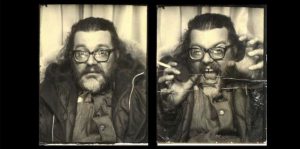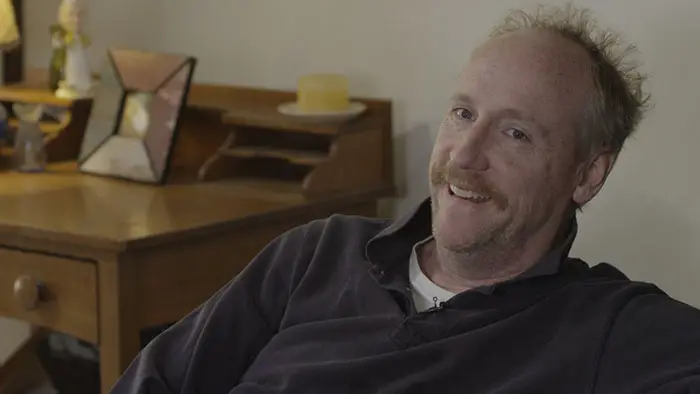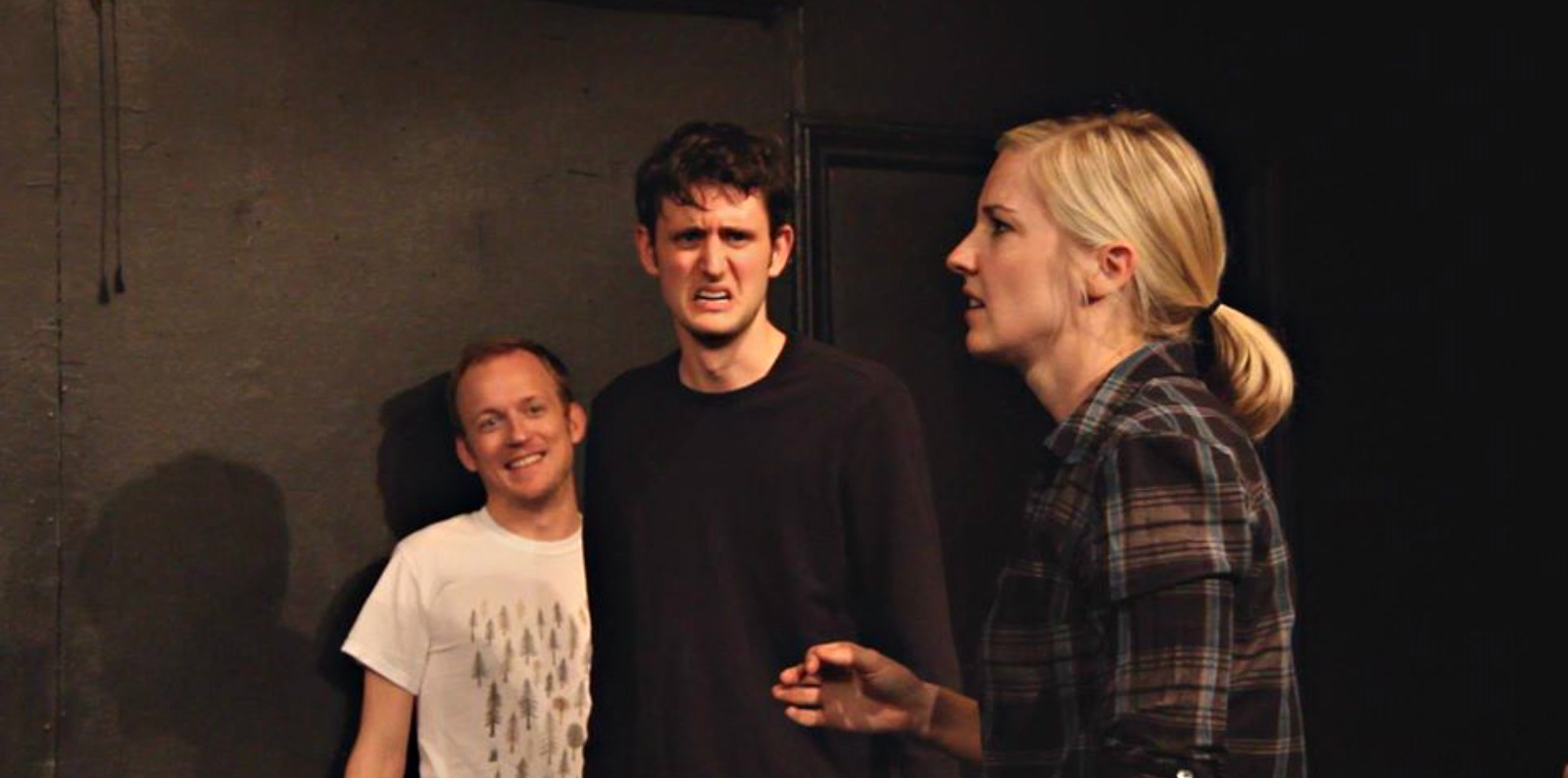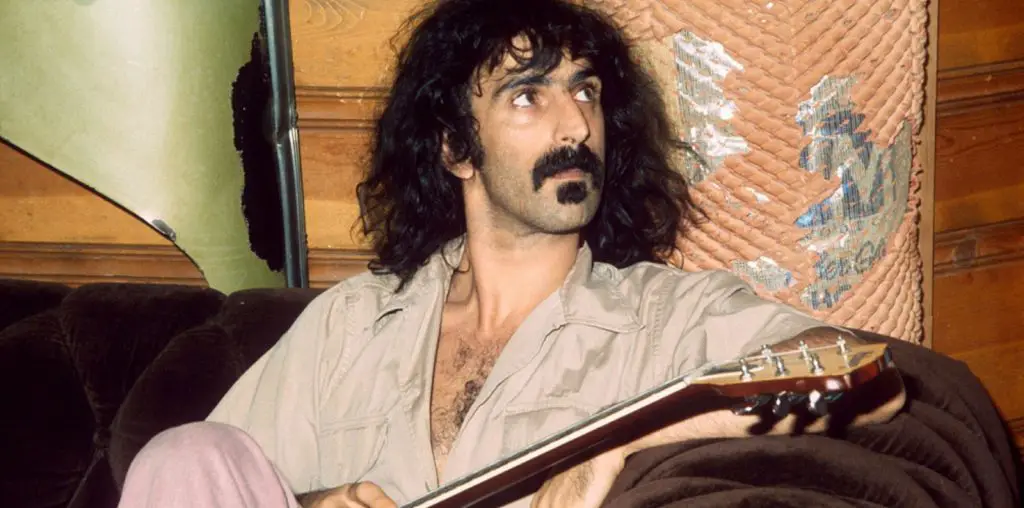
Shortly after, in 1959, Second City came into existence in Chicago. Running aimlessly, Close found himself in San Francisco as the creator and director of the political satire comedy troupe the Committee. It was here where he invented the long-form improv technique he called “The Harold.” In 1973, he returned to Chicago to become a director at Second City. Inbetween creating and directing so many projects and troupes, Del Close was in and out of mental institutions.
Heather Ross captures Del Close as the eccentric figure he is with a heedful compilation of real-life footage and recordings. The reenacted snapshots of Close’s life, and eye-opening interviews from writers who worked with or ran into Close (including John Ostrander and Bob Odenkirk) illustrate just how wide a reach the man had. In the process of learning about the madman who propelled the success of improvisation, For Madmen Only: The Stories Of Del Close is also an appreciation of the creative process. As his teaching techniques become increasingly complex and peculiar, the more you start to wonder if it is the trauma or depression steering how he operates in improvisation.
Did improv bring Close genuine joy, or did it effectively mask his deep-seated tribulation? At one point in the film, Del Close says, “Why must we place ourselves in jeopardy when we go on stage? It’s very simple. If we don’t put each other in peril and ourselves in peril, we will never see human behavior in extremis.” His creative instinct is unorthodox, perhaps ridden with suicidal or depressive subtext.

“…a thoroughly compelling 84-minute runtime.”
Not to mention it took decades before the “Harold” method to finally be successful. If one feels the creative impulses boiling, should they continue to exploit it despite seeing no fruitful results? Maybe. In this instance, Close’s belief in “The Harold” method was undeniably consequential, as it helped introduce long-form improvisation, which hinged on unpredictability and the suggestions of the audience.
Director Heather Ross chronicles Del Close’s life with laudable examination. For Madmen Only manages to tell Del Close’s story of honing his comedic craft here and there while battling mental health issues in a thoroughly compelling 84-minute runtime. But given the brisk pace and editing, the timeline jumps around a lot, leaving limited room for deeper reflection.
Yet, For Madmen Only: The Stories Of Del Close is a captivating documentary everyone should see. No comic should underestimate the significance of Del Close, and maybe it’s time for a non-comic to appreciate him as well, in all of his comedic genius and budding insanity.
For Madmen Only: The Stories Of Del Close was scheduled to screen at the 2020 SXSW Film Festival.

"…how did a madman manage to change the face of comedy as we know it?"



“One of Close’s most traumatic life moments happened when he was 8-years-old, and his father asked him to bring him the glass of water he left on the counter. He brought his father the cup of water, unaware that the substance wasn’t water, but battery acid. His father drank the acid and committed suicide in front of Close’s wide-eyed gaze. I can’t fathom the trauma of being in the same room when your father commits suicide.”
You do know that’s not what really happened, right? The point being made about that story is how he told that story all his life, when it’s not what actually happened. His father didn’t commit suicide in front of him, not in the same room with him, nor with anything Del ever handed him. His father was alone in his jewelry store when he did it.